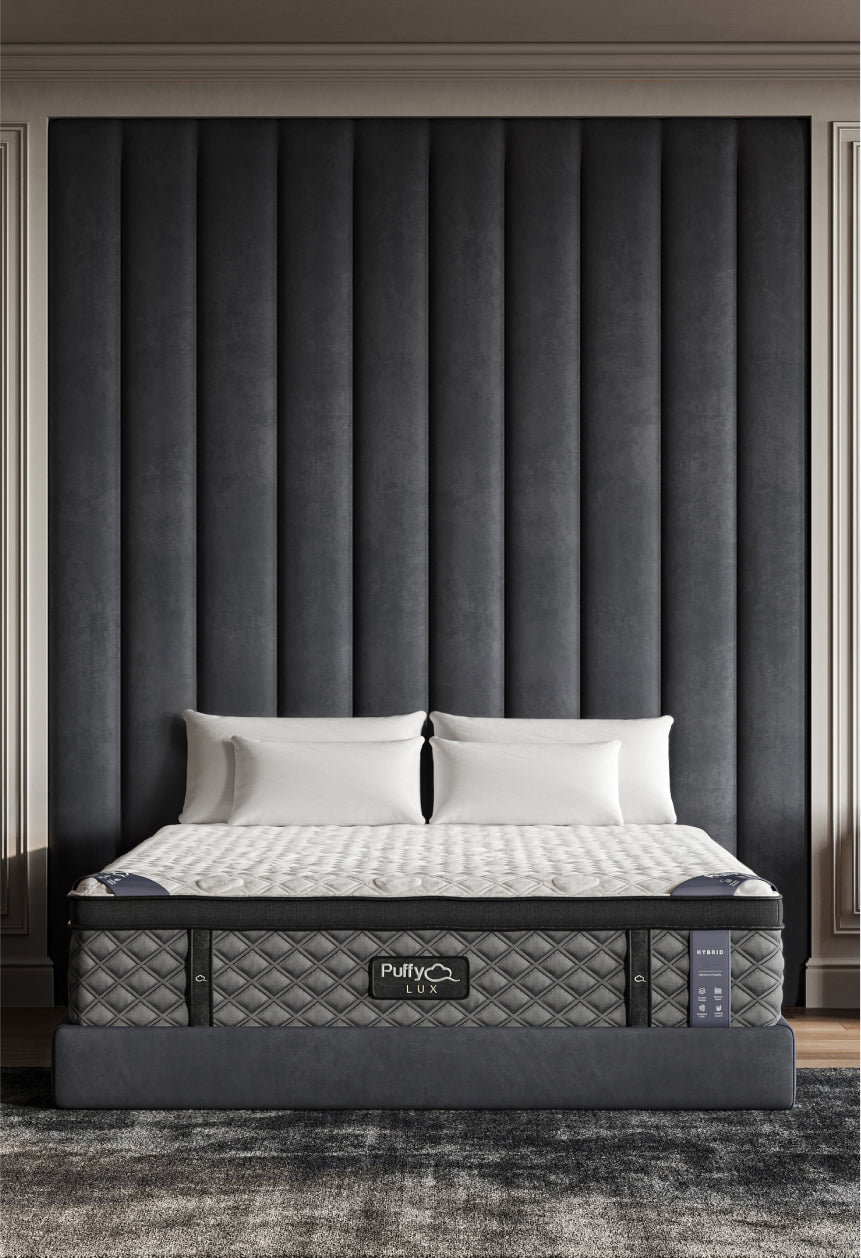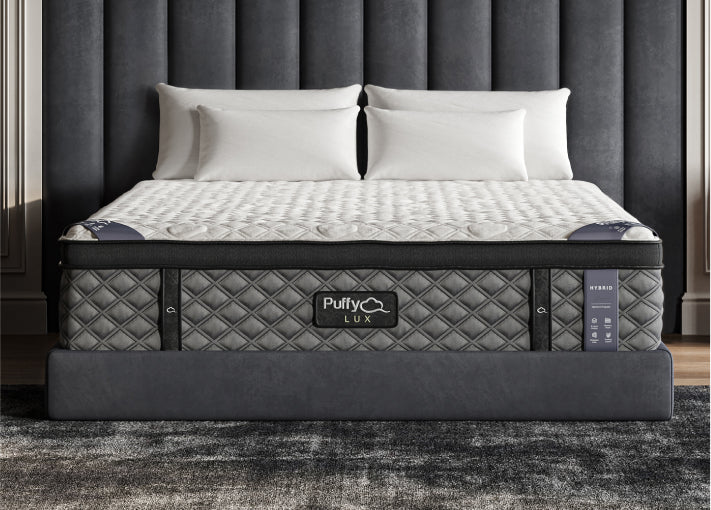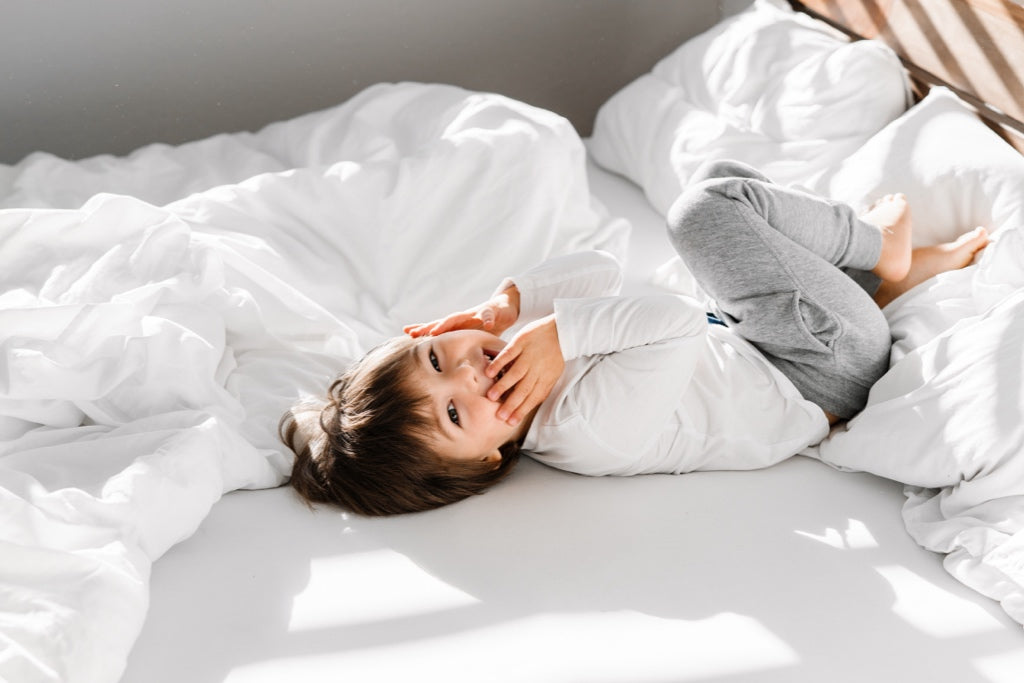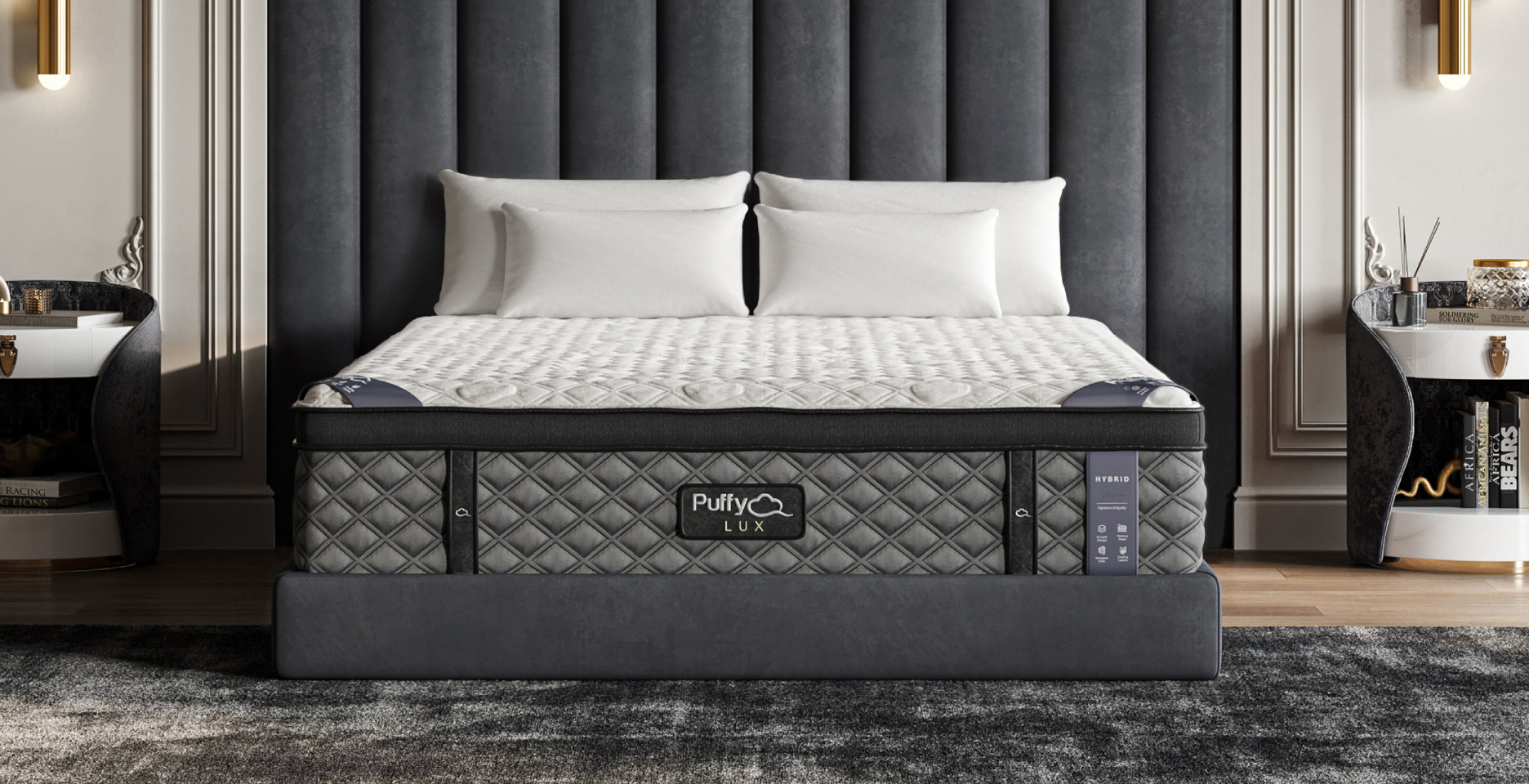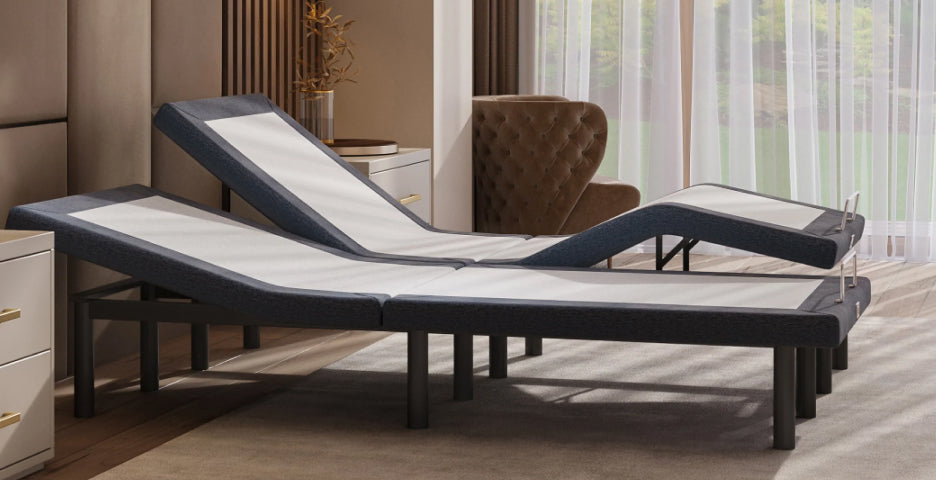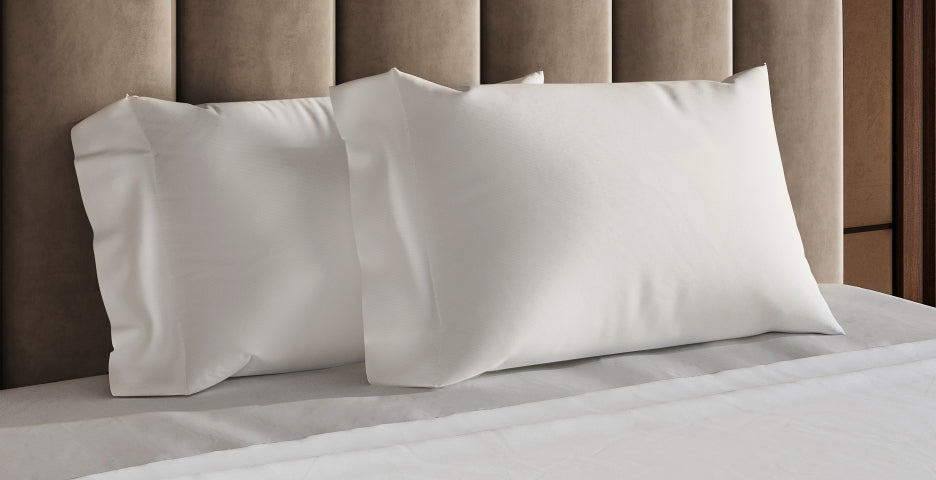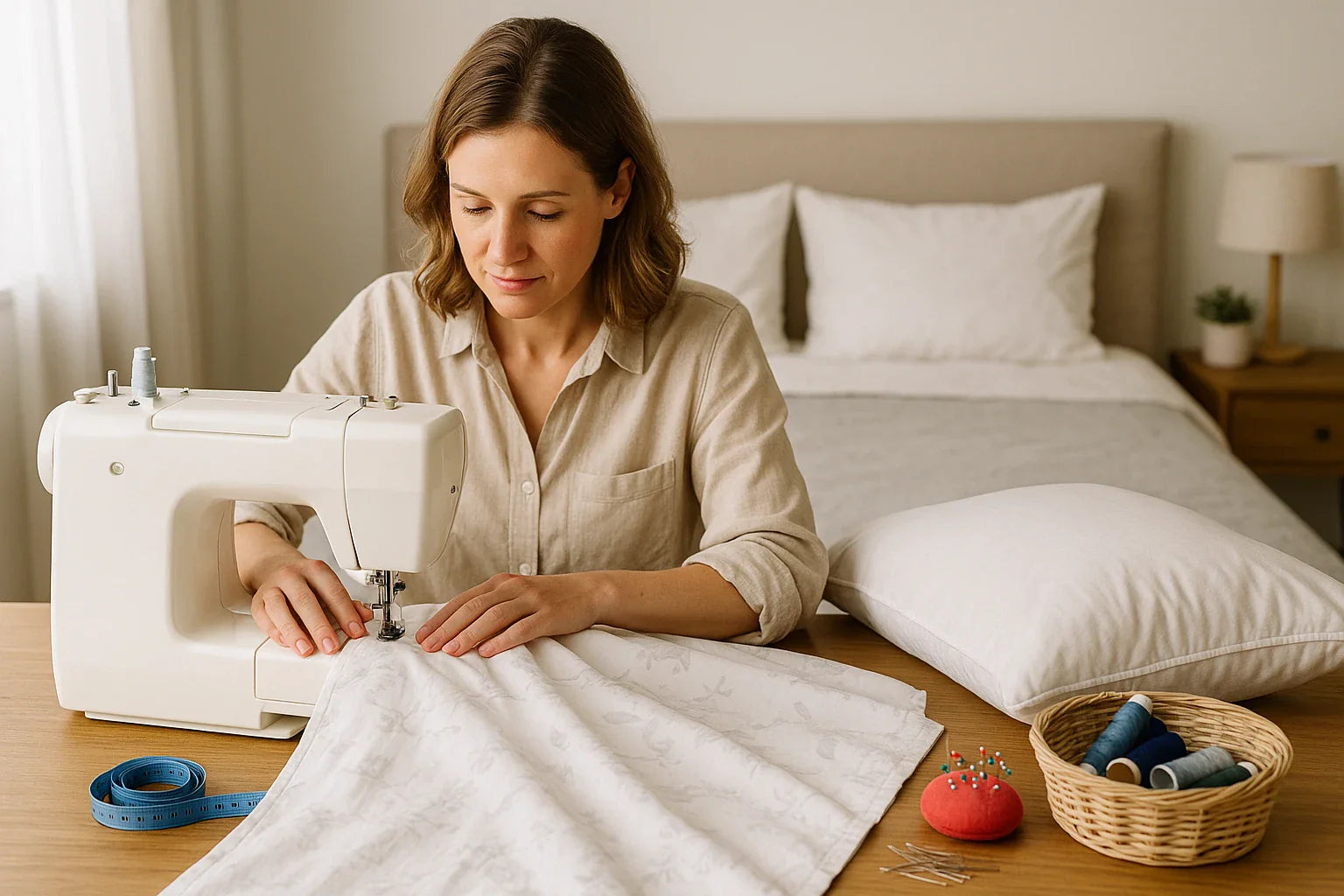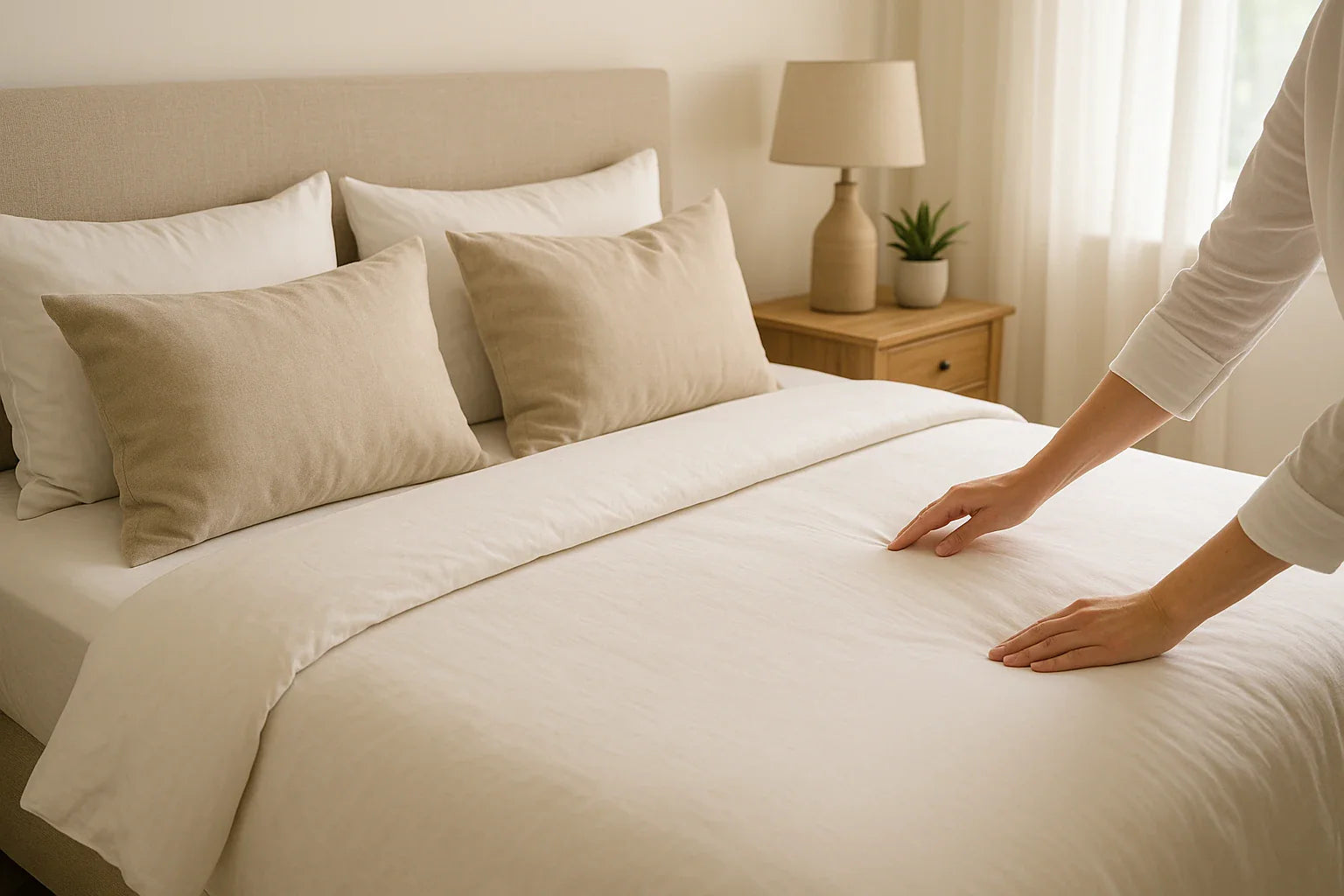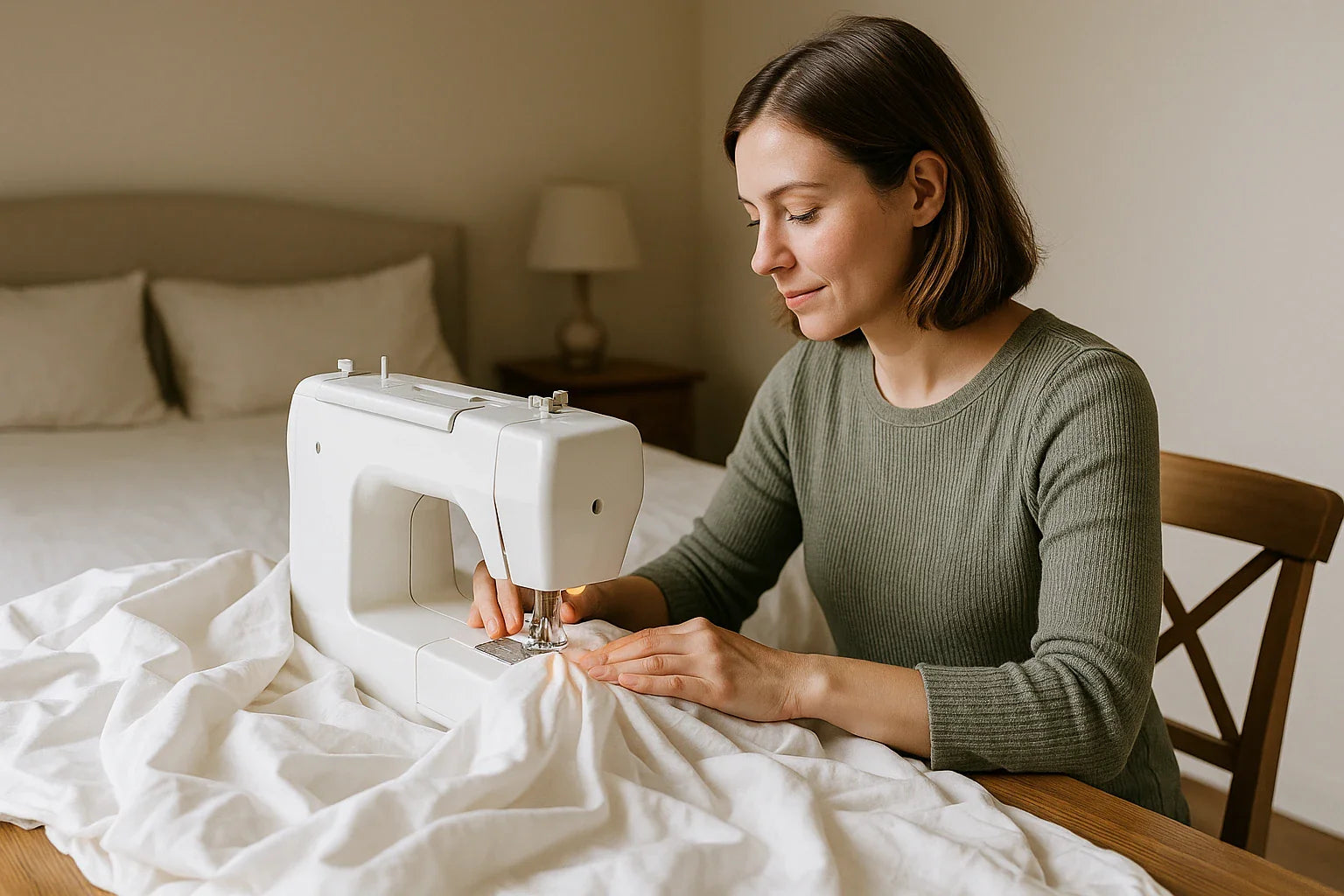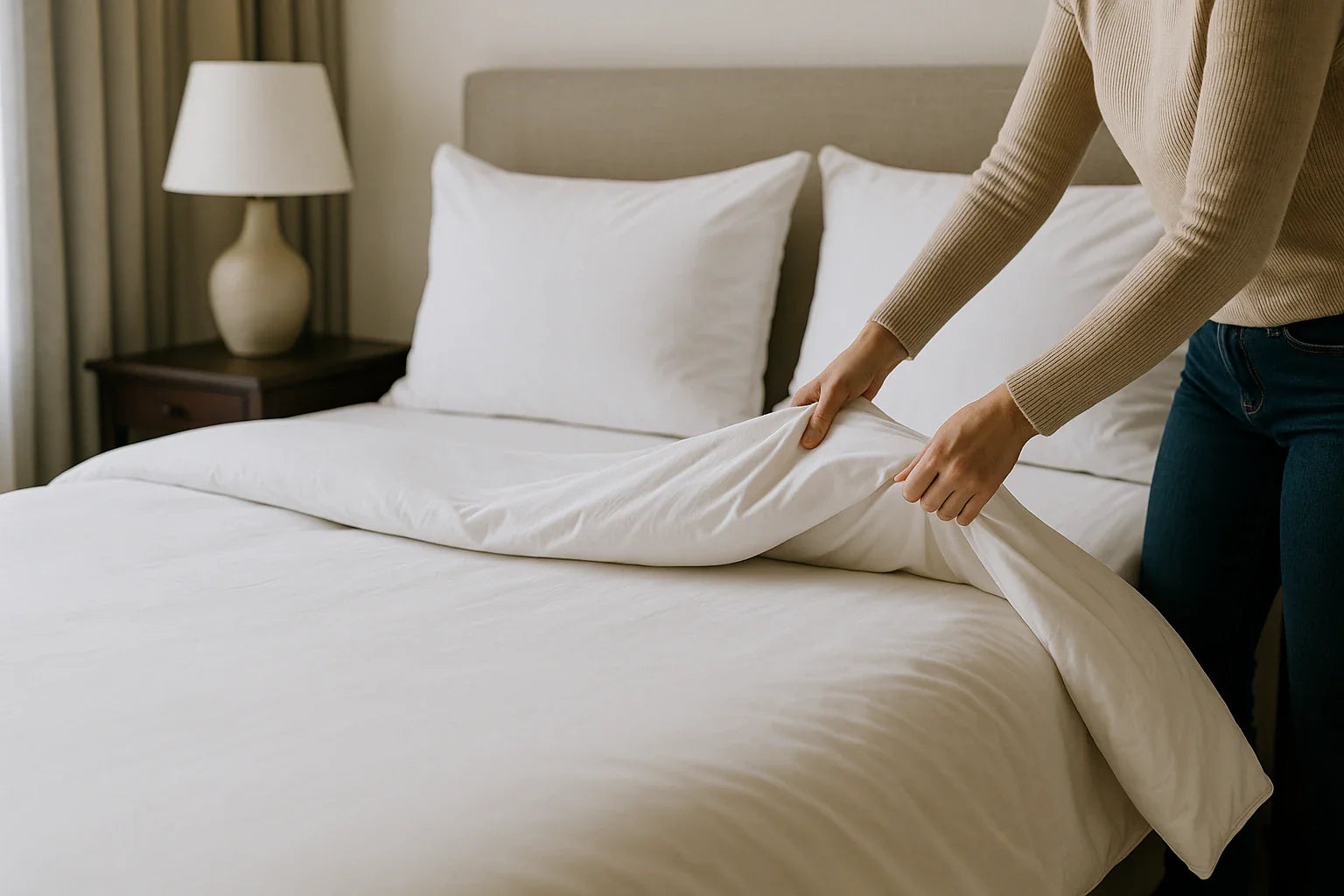Bed sheets can make a significant difference in your sleep experience. The softest sheets can make you feel like you’re wrapped in plush comfort, while scratchy bed sheets can make it impossible to fall asleep. The bed should be the most comfortable spot in a home, so it’s important to fully optimize it for relaxation and sleep. This can be done by taking the time to research before getting a mattress, bed sheets, a comforter, or pillows.
Many of us just go to the store and pick sheets depending on color, but there is a lot more to it than that. In fact, sheets with too much dye or chemicals can trigger an allergic reaction, so it is recommended to stick with neutral colors and simple patterns. Before shopping, it is best to understand the different types of sheets and how to find the softest sheets.
How To Buy The Softest Sheets?

There are many factors to consider when buying bed sheets, these include things like material, weave, thread count, and elasticity. This can get confusing if you don’t know what you’re looking for so we’re here to help!
Sheet Size
Before buying new sheets, it is important to measure your mattress to get the right sheet size. However, the length and width alone aren’t the only dimensions needed - you’ll need to know the height of the mattress as well. If you don’t get the proper sheet size, you’ll end up tangled in the sheets, or they’ll slip out of place as you sleep.
There are two kinds of bed sheets, flat and fitted sheets. Fitted sheets have pockets that tug on the edges of a mattress, securing the sheets on it. However, with a flat sheet, you’ll need to tuck them under the mattress to keep it in place. Standard mattresses have a thickness of 7 to 10 inches in height. But more advanced ones can have a thickness of 14 to 22 inches in height. Standard pocket sheets can comfortably wrap around mattresses with a thickness of 7 to 14 inches. But if your mattress is thicker than that, you may need a deep pocket sheet.
Check out Puffy mattress reviews from real customers and see how we compare with other brands.
Deep pocket sheets usually measure from 13 to 15 inches. If you place a mattress topper or pad on the mattress that adds to its height, a deep pocket sheet will stay in place better than standard sheets. If you’re considering flat sheets and your mattress is 14 inches or thicker in height, it is recommended to go a size up in sheets. For example, if you have a queen bed, use king-size sheets to have extra fabric to tuck under the mattress.
Puffy’s sheets have deep pockets that are 15 inches deep, making them ideal for mattresses of all sizes and with different thickness levels.
Weave
When it comes to the material of a bed sheet, there are various types like cotton, bamboo, flannel, silk, and microfibers. Every material has different qualities, you may find one sheet more comfortable than another. They can be made of synthetic blends, organic, hypoallergenic sheets, or breathable sheets.
However, when looking for the softest sheets, the weave can make a big difference. Weave refers to the fibers used to sew the sheet together, it can affect the softness and finish of the sheet. The most common weaves used for bed sheets are the percale weave and sateen weave. The percale weave is a tightly-woven weave also known as plain weave. The weave is mostly made of cotton, but it can also be blended with other fabrics like rayon or polyester.
Percale is a smooth and soft weave that softens over time and doesn’t pill, it also has a matte and sleek finish. Percale sheets are lightweight and breathable, making them a great option for hot sleepers that want to sleep cool. As for the sateen weave, the fibers are in a vertical pattern and are woven on the surface of the fabric for a silky smooth and shiny finish. Sateen sheets are heavier than percale, which makes them ideal for coziness in the winter.
Ply
Ply is the number of fibers wrapped together to make one thread, sheets are usually labeled as single-ply or two-ply. Single-ply refers to using one fiber per thread, while two-ply means using two fibers per thread. For example, a 600 thread count sheet can mean 600 single-ply threads or 300 two-ply threads. Two-ply sheets are usually heavier since more fibers are used however, it doesn’t always mean better quality. Unfortunately, a lot of sheets have a high thread count because they’re double-ply threads, but poor quality of fiber is used so it isn’t durable. Sometimes, single-ply threads can be stronger and softer because of the better quality used.
When shopping, it is important to consider the fabric quality and the weave used as well - two-ply isn’t always a good thing.
Thread Count
Thread count is the number of threads used vertically and horizontally per square inch of the sheet. Contrary to common belief, the higher the thread count doesn’t necessarily mean the softer the sheet would be since thread count can differ from one brand to another. It is best to stick with a high thread count that is 250 threads or higher. This will ensure you have a tight, strong weave, and it’ll only add to the softness of the sheet.
But always keep an eye out for the fabrics used, you can find sheets with a 1000 thread count but it’ll consist of poor fibers and thin layers - thread count won’t make much of a difference with bad fabric.
What Are The Different Types of Sheets?

With bed sheets, there isn’t one sheet that works for all - different people will have different preferences. For example, someone might want breathable sheets that help them sleep cool, while others may want sheets that induce heat to keep them warm. But we all can agree that scratchy sheets are the worst. And so, here are all of the softest sheets on the market:
Bamboo
Bamboo sheets take the top spot on our list for being the most comfortable sheets to sleep on! This eco-friendly choice is made by extracting fibers from the bamboo plant then it is converted into threads that are woven into bed sheets.
Puffy’s bamboo sheets are made 100% of bamboo viscose, making them hypoallergenic and chemical-free, which is ideal for those who have sensitive skin or suffer from allergies. Similar to silk and Egyptian cotton, bamboo is well-known for its velvety softness. Its strong fibers make bamboo sheets durable, and they have natural climate-adaptive properties that can regulate your temperature as you sleep, making you sleep warmer in winter and cooler in summer. They’re perfect for hot sleepers who need cooling bed sheets to avoid night sweats! Bamboo sheets are machine washable, and the more they’re used or washed, the softer they get.
Cotton
Cotton is the most popular material used for bed sheets. But when considering cotton sheets, you’ll need to factor more than just the thread count and weave - you’ll also need to look into staple length. This is the length of the fibers used to weave the cotton into sheets, they come in short, long, and extra-long staples. The longer the staple, the better the quality of the cotton.
There are many types of cotton, but Egyptian cotton is the best quality because it uses extra-long staples for more smoothness and a luxurious finish. It is also highly breathable, which makes it higher in cost than the other types. American Pima cotton uses a long staple and it is also strong, durable, and known for its softness. Flannel sheets are made from shredded cotton for a fuzzy and cozy feel, they’re usually made of cotton or a cotton-polyester blend. They are not especially breathable and trap heat, but this makes them suitable for cold nights. Jersey sheets are knitted fabrics rather than woven, which makes them stretchable and useful for thicker mattresses as they can easily fit the mattress.
Similar to flannel, they’re warm and soften with repeated washes, but because they’re stretchy, they will wear out quicker and aren’t as durable. They’re less in price than other cotton sheets, making them a suitable option for college students or those on a low budget.
Silk
Silk sheets are a luxurious option known for their velvety softness and shiny finish. This natural fiber is produced by silkworms and as a result, it is more expensive than other bed sheets. However, it is important to ensure it’s real silk and not imitation silk that is blended with polyester. Real silk has a moisture-wicking quality and is cool and super smooth to sleep on. Some people may not like how slippery silk sheets are, but they do have many benefits like being hypoallergenic and they’re good for your skin and hair.
On the downside, silk sheets require delicate care and dry cleaning, which can be time-consuming and inconvenient. For this reason, they aren’t as durable as bamboo or cotton sheets.
Linen
Linen sheets are made of a natural fiber extracted from flax. Linen is a highly breathable material, durable, and doesn’t trap heat - it has been widely used for a long time for bed sheets. Linen is often compared to cotton for its softness, but high-quality linen sheets can be expensive. These sheets soften with repeated washing and it is recommended to air dry them for the ultimate softness and durability. Linen sheets are great for the summer and have a rustic and traditional feel.
FAQ
What comes in a sheet set?
A sheet set usually consists of a flat sheet, fitted sheet, and two pillowcases. A fitted sheet has standard or deep pockets to wrap around the edges of a mattress, which keeps the sheet from sliding. Flat sheets don’t have pockets and are usually placed under the comforter. But they can be tucked under the mattress to keep in place and sleep on.
How long do bed sheets last?
Bed sheets should last for up to 5 years if taken care of properly - but this depends on the quality and durability of the sheets. Be sure to follow the manufacturer’s washing and drying instructions for your sheets to last longer. Additionally, you need to use the right sheet size for your mattress and consider the mattress thickness when buying sheets.
What thread count is the softest?
Generally, the thread count of most bed sheets ranges from 200 to 400 threads. Most of the high-quality sheets will range from 300 to 350 threads. However, thread count isn’t the only factor that defines the softest sheets. You need to consider the weave, fabric used, and how many plies are used per thread as well.
Conclusion
Bed sheets are an essential part of a good night’s sleep, just as your mattress and pillows are. The softest sheets can offer you cloud-like comfort and sleep for long hours. You don’t need to spend a lot of money on Egyptian cotton sheets to get comfort, budget-friendly alternatives like bamboo sheets will get the job done even better!
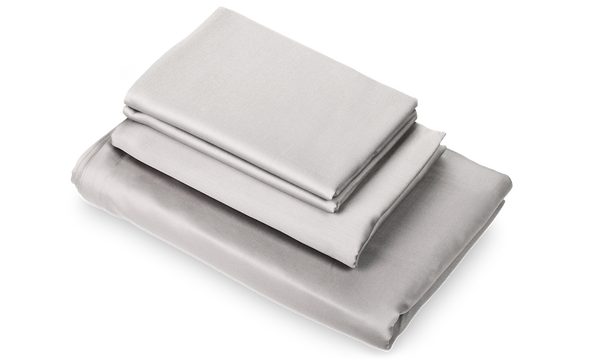
Wake up refreshed with the Puffy Signature Sheets Set.
Enjoy a cooling sensation with this ultra-soft, hypoallergenic bedding:
- Includes pillowcase(s), fitted sheet, and flat sheet.
- Oeko-Tex® Standard 100 certified.
- Lifetime warranty.
- 101-night sleep trial.
- Free shipping and returns.
